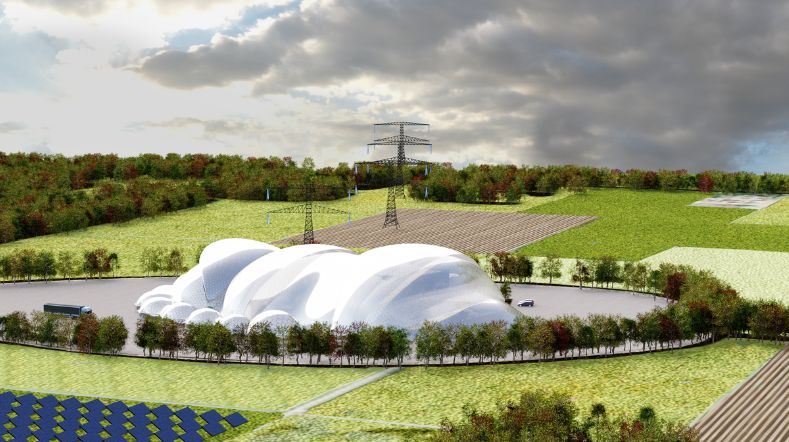
Public trust in nuclear energy requires an adaptive policy approach
Climate change, geopolitical tensions, and grid congestion are making decisions about the right energy mix more urgent than ever. In collaboration with NRG PALLAS, TNO investigated which factors influence public acceptance of nuclear energy. The study reveals that public perception is closely linked to perceived benefits, risks, drawbacks, and the perceived fairness of related policies. Caroline van der Weerdt (TNO) and Govert de With (NRG PALLAS) recommend an adaptive policy approach, flexible, responsive, and attuned to societal change.

‘It is crucial to create a process that continuously monitors what is happening in society and responds to it accordingly.’
A changing energy debate
Where discussions around nuclear energy used to focus primarily on safety, waste and risk, new concerns are coming to the fore. ‘People are increasingly looking at issues such as energy security, climate change, and the cost of alternatives,’ says Van der Weerdt.
Trust is not a given
The study shows that public attitudes towards nuclear energy are influenced by three key factors:
- Risk perception: how people experience the risks associated with nuclear energy, for example in relation to safety and the environment.
- Perceived net benefit: which elements are seen as positive, such as affordable energy or reduced CO₂ emissions.
- Fairness: whether the policies around nuclear energy are seen as transparent and just.
These factors are interdependent, vary by individual and region, and are shaped by the social and political climate.

‘If nuclear energy is to play a robust role in tomorrow’s energy mix, we must also invest in its social foundation. Technology and trust must go hand in hand.’
One nuclear power plant, many realities
A striking finding is the difference between general public opinion and that of people living near nuclear power plants. ‘Local residents often have very different concerns, such as quality of life or spatial planning,’ explains Govert de With of NRG PALLAS. This distinction underscores the need for tailored approaches to both local and national trust.
Why policy must be agile
A nuclear power plant typically operates for several decades. This long time horizon can tempt policymakers to ‘set policies in stone’. But the researchers argue this is risky. The public debate evolves, as do the values that shape it. That is why they advocate for an adaptive approach: a continuous cycle of listening, analysing, and responding.
Such an approach also calls for new forms of participation. It is not only important to involve people in decision-making about nuclear energy upfront, but also to stay engaged throughout the long planning, construction, and operational phases, remaining alert and responsive to public sentiment.
Conclusion
Managing public trust in nuclear energy requires a policy approach that evolves with society. Trust in nuclear energy does not emerge or endure automatically. It takes more than technical evidence or a cost-benefit analysis. It means recognising diverse public perspectives and actively involving people along the way.
Read the findings and perspectives in the report ‘Public Trust and Nuclear Energy’
Get inspired
Small modular reactors in the Dutch energy system - Combined heat and power production in industry


Group of households with fuel cars vulnerable in transition to sustainable mobility


Energy transition growing cooperation between government and industry


Shortage of materials threatens green hydrogen production

